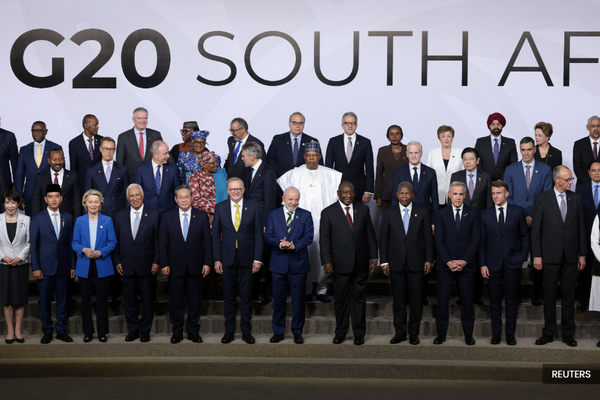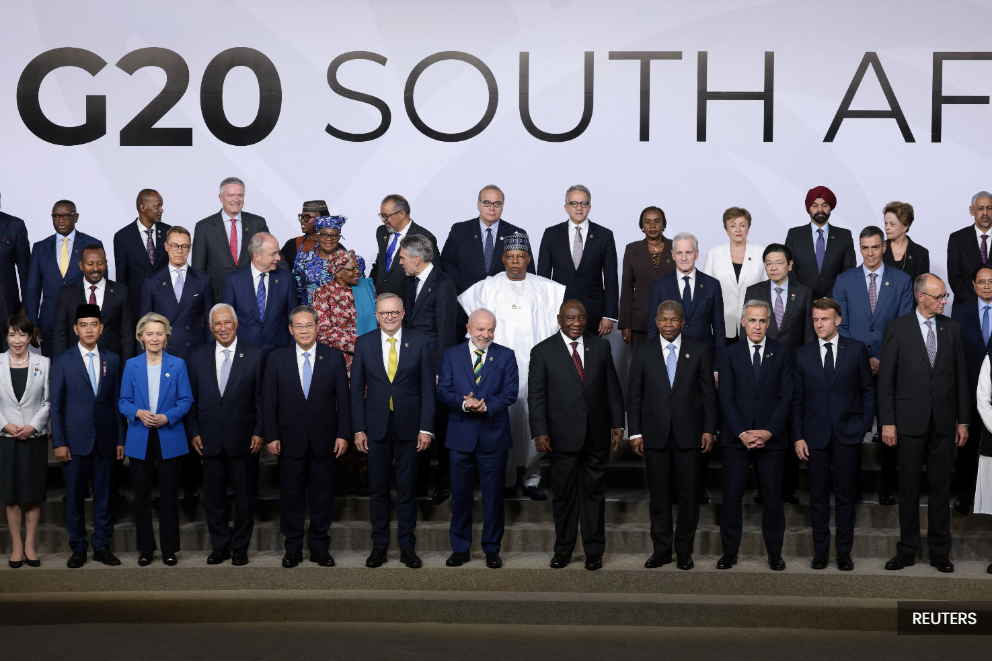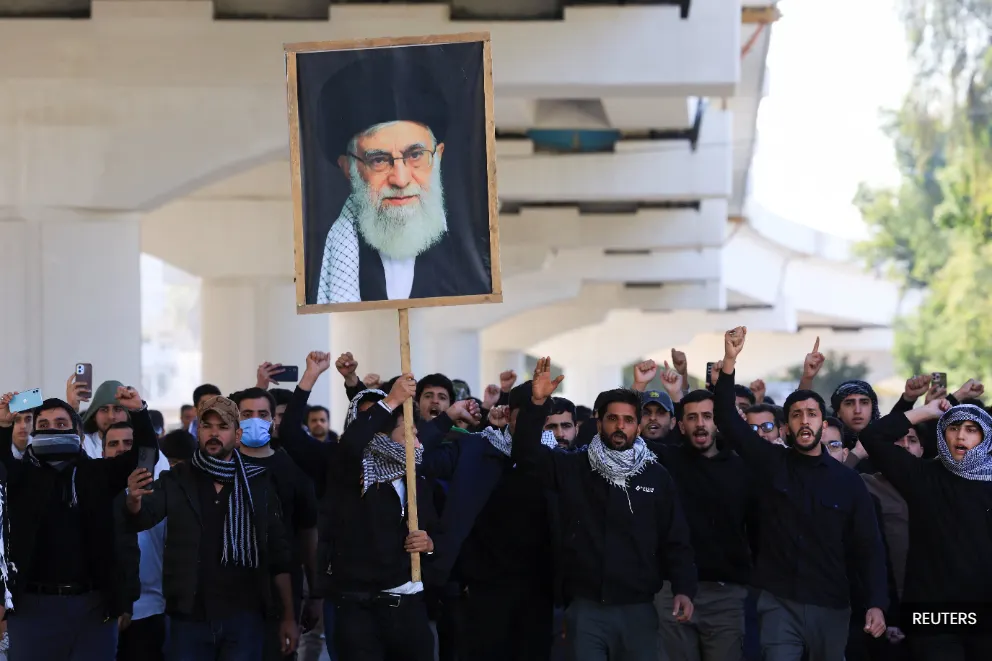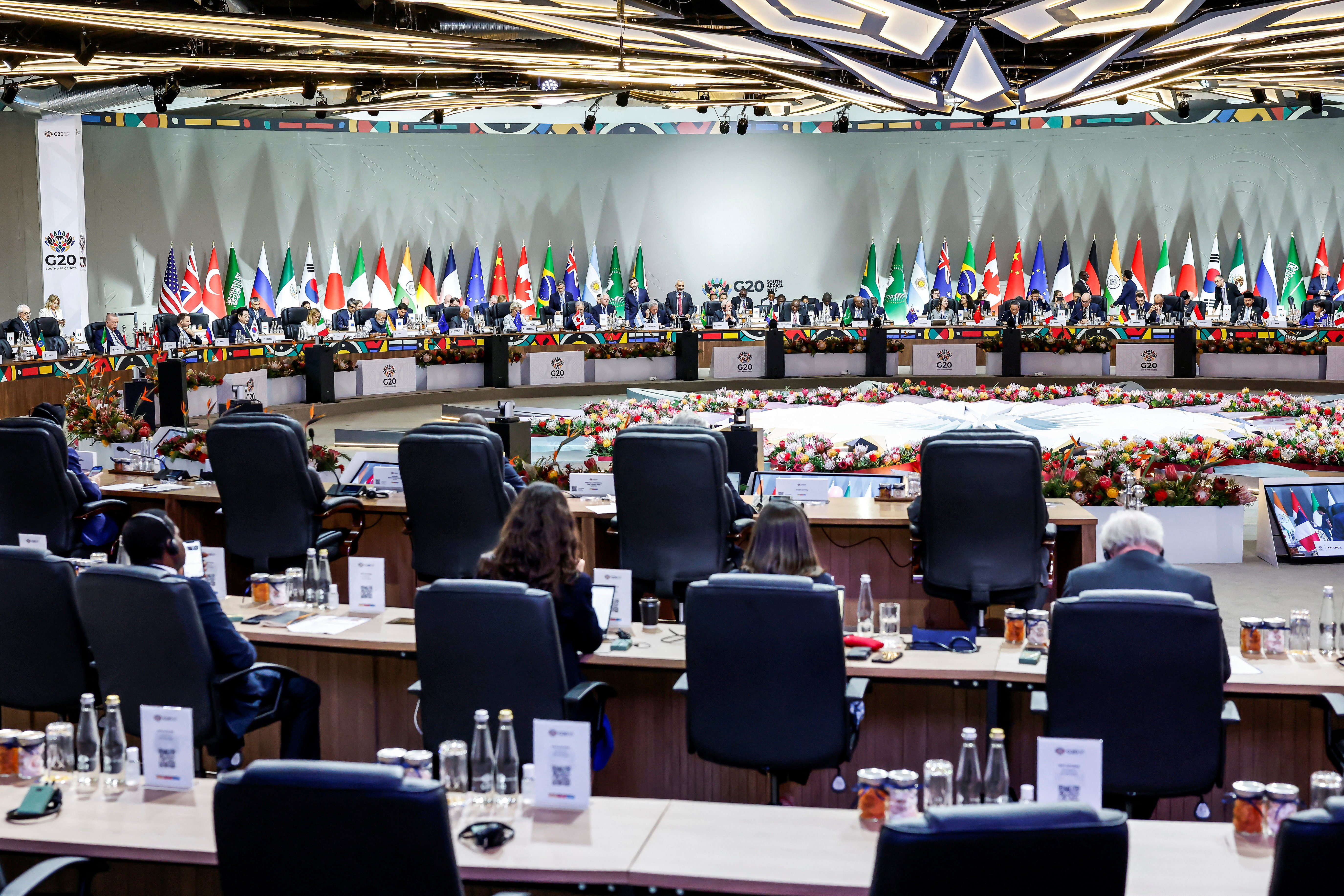JOHANNESBURG/WASHINGTON, Nov 24 — Born of crisis but torn by years of tensions among its members, the Group of 20 (G20) major economies scored a rare victory this weekend for multilateralism after overcoming the boycott and objections of its most powerful member, the United States (US).
South Africa, this year's G20 president, rallied all but two member nations: the US and Argentina, to issue a declaration, ignoring Washington's warnings and quelling questions about the G20's future — at least for now.
Many doubted Pretoria would secure a declaration, let alone address issues like helping poor nations cope with climate change and external debt.
Researchers and delegates said this success strengthened a body which for years had been struggling to reach meaningful agreements, and highlighted the power of multilateralism when it seemed in retreat.
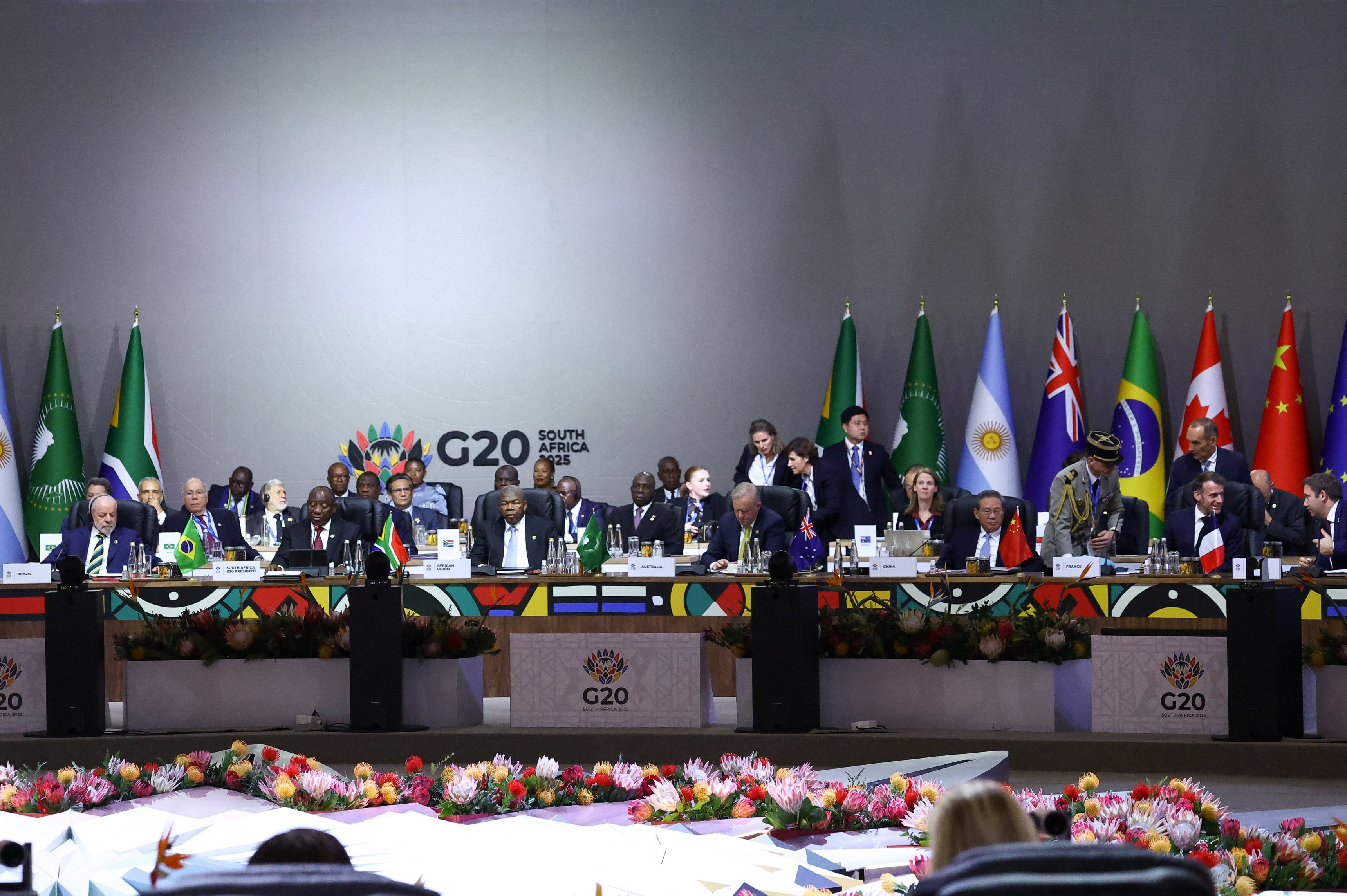
Summit produces framework on inequality
The outcome infuriated the US, next year's G20 host. The White House accused South Africa of weaponising its presidency to undermine the G20's founding principles on unanimous consensus.
It said US President Donald Trump would restore its "legitimacy" while hosting next year. The White House had no immediate comment when asked if it planned to disinvite South Africa from next year's G20 events.
A South African delegate said the declaration's final paragraph was carefully worded to commit to meeting in future G20 summits in Britain and South Korea, but only to "working together" under the US presidency.
President Cyril Ramaphosa declined an American offer to hand over the rotating G20 presidency to a junior diplomat. That ceremony will now take place between equivalent diplomats this week.
The summit had seemed hopelessly overshadowed by Trump's boycott over false allegations that South Africa's Black majority government mistreats its white minority.
A South African delegate at the summit, who declined to be named because they were not authorised to speak, said Friday's agreement on a draft caused a visible ripple of relief among negotiators.
"News of the G20's demise is greatly exaggerated. In a crisis...it will be there, regardless of which leaders are present at any...summit," said Atlantic Council's international economics chair Josh Lipsky, an ex-aide to former US president Barack Obama.
The declaration addressed issues such as climate change and renewable energy, which often divide G20 members. It proposed the first global panel to address inequality.
"This is the first meeting of world leaders...which put the inequality emergency at the centre of the international agenda," said international charity Oxfam's economic injustice senior director Nabil Ahmed to Reuters.
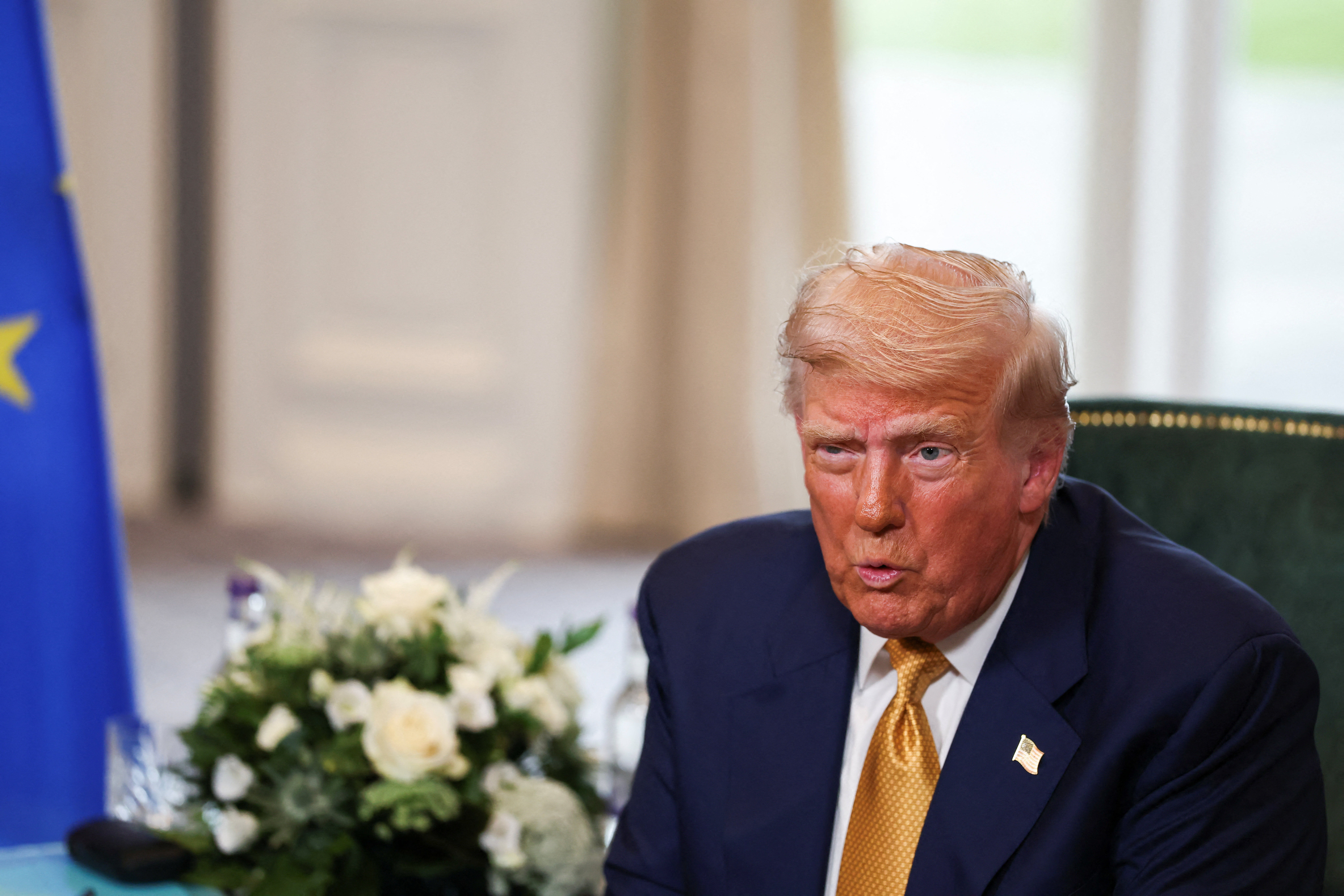
'A New approach to Trump?'
Faced with Trump's ire, G20 leaders had a choice: "Do we butter him up or stand up to him?" said the Atlantic Council's Eurasian Centre's Michael Bociurkiw. They chose the latter.
"Leaders were getting fed up. This could set a new approach to dealing with Donald Trump," he said, a view which several delegates echoed.
One delegate noted that Saturday's show of unity was aimed at supporting the hosts and decrying the US' refusal to engage in the G20's first African summit.
Another said the US actions brought together countries at odds with Trump, like India and South Africa, while others sought to maintain good relations, like the United Kingdom and France.
But with the US taking up the mantle, there is a risk that much of the work in Johannesburg could be undone.
Washington is expected to narrow the G20's focus during its presidency, which coincides with the US' 250th anniversary, to just the leaders' summit and financial forum, jettisoning other working groups and ministers' meetings on energy, health, and the environment.
A source familiar with the plans said that the International Monetary Fund and World Bank are still invited, but Washington plans to exclude United Nations (UN) organisations.
Then again, it is only for a year. One delegate who spoke anonymously said that, at worst, countries could "lie low" during the US presidency, then resume work later.
Despite bitter differences, Washington's G20 agenda overlaps with South Africa's in key areas. Non-profit Jubilee USA Network's executive director and UN adviser Eric LeCompte said these include development, economic growth, and financial stability.
"I think there is going to be carryover in certain areas with the US taking the mantle," he said.



